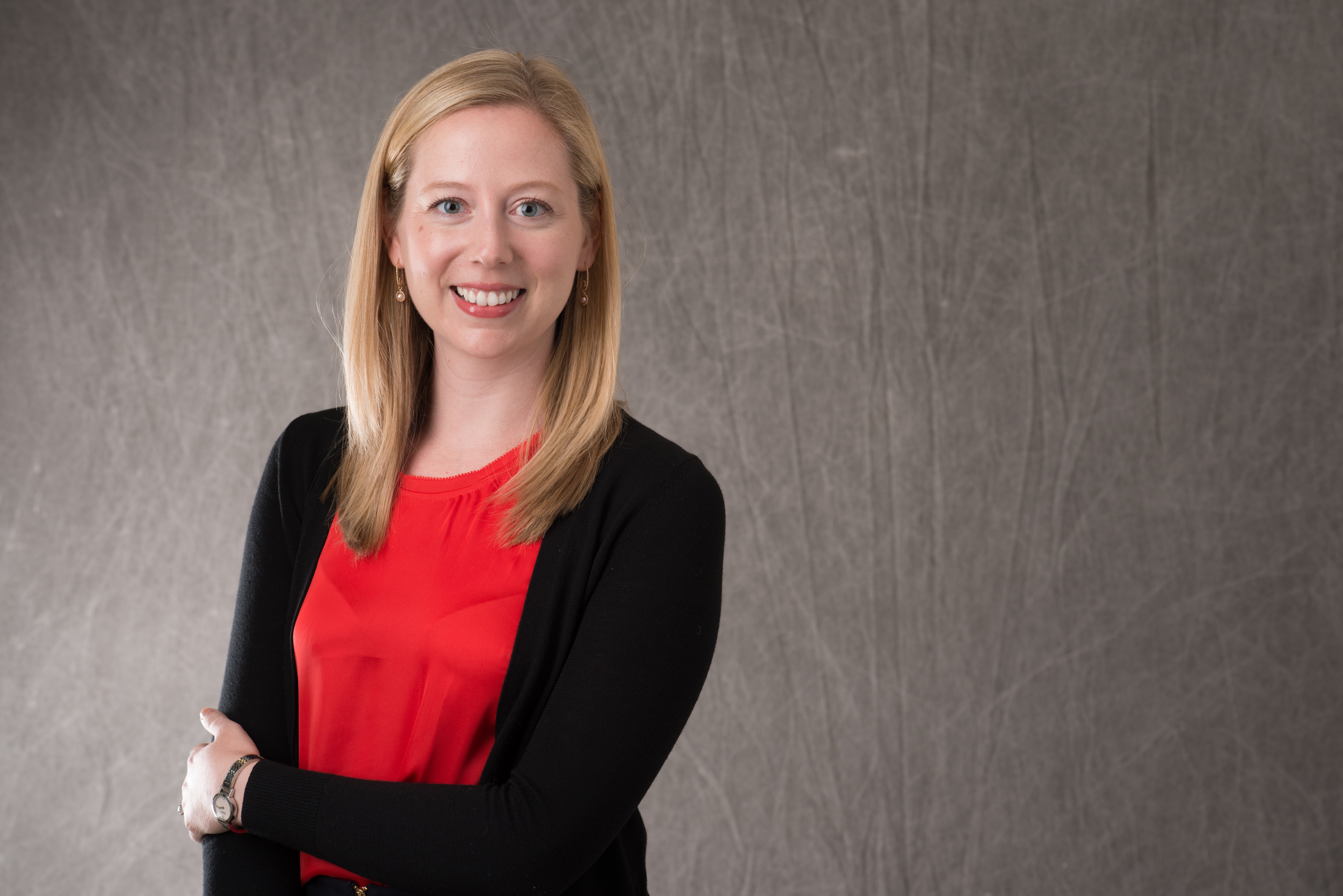In our search for our own voice, we realize the power of giving a voice to others. As Indian author Arundhati Roy writes, “There is really no such thing as the ‘voiceless’. There are only the deliberately silenced, or the preferably unheard.” For Rebecca (Barban) Leavitt ‘02, her journey through Proctor, college, and law school to her current role as an immigration attorney in Boston has consistently seen her draw on her ability to use her voice to help those around her be heard.

An unashamed introvert, Rebecca recognizes the role her Proctor teachers played in helping her pursue her passions throughout high school. “I was so very quiet at the start of my Proctor experience, but the beauty of this school is that there was no stigma attached to me forging my own path. I was never a big sports person, but Proctor helped me find my own ‘thing’ through dance and music. I gradually came out of my shell a bit and gained the confidence to simply be me.” She adds, “Whether it was Anne Swayze and my advisor Patty Pond supporting my independent pursuit of dance and music outside of Proctor, Janet Linn encouraging me to immerse myself in the French language, or Terry Stoecker somehow getting me on stage for the spring musical each year, the collective of the Proctor community encouraged me to step outside of my comfort zone, even if it was new and scary. They allowed me to develop my voice.”
By her senior year at Proctor, encouraging comments from Karl Methven after a debate in her Modern Foreign Policy course reinforced Rebecca’s desire to attend law school. Following her undergraduate studies at Queen’s University where she majored in French, she enrolled at Roger Williams University Law School. As a third year law student, a clinical experience brought her face to face with immigration law for the first time. “So much of law school is simply preparation to pass the Bar Exam, but during this clinic I had the opportunity to meet and help people in ICE detention facilities, and provide representation in removal proceedings. My parents are both immigrants, my grandparents are immigrants, and this area of law really became interesting for me as I met and saw the immediate impact I was able to have on individuals who were going to be deported.”
“My husband, fellow Proctor alum Sean Leavitt ‘03, always references Tom Eslick’s plea to pursue constructive dissatisfaction whenever we have a big decision to make in our lives. Don’t just fit the mold, don’t do what everyone else is doing. Criticize yourself and self-analyze, and then have the confidence to adjust your life accordingly.”
Early in her professional experience she realized she did not enjoy the court-side of law, and knew from her clinical work in law school there were more sides of immigration law that better fit her skills and interests. Much of the immigration law in the news today focuses on people without immigration status; however, Rebecca’s work specializes in helping foreign workers and corporations navigate the legal immigration process. “Seeing the career path of the people I work with, sometimes individuals from very, very rural areas of China and India, is so motivating; seeing their lives, the challenges they have overcome, their drive and relentless pursuit of education. They are incredibly hard working individuals, remarkably talented, and I feel privileged to be able to develop relationships with them as I help them navigate their journey into the United States.”
While her work with professionals seeking legal immigration to the United States has only been moderately impacted by the current political climate (“Those seemingly simple cases are no longer simple, and we see heightened anxiety on those seeking legal immigration given the current climate around immigration right now.”), Rebecca remains deeply impacted by her first clinical work in an ICE detention center a decade ago, and has made it a priority to remain actively engaged in the humanitarian side of immigration law. She dedicates 50 hours a year of pro-bono work in citizenship clinics throughout the Boston area, and is anxiously awaiting an opportunity to join colleagues from her firm volunteering their services to detainees at the Dilley Detention Center in Texas. “I love my work in the communities of Lawrence, Lowell, and Salem, Massachusetts, and am itching for my chance to travel to Texas. If people are here not in status, their only means of defense in removal is some sort of humanitarian involvement. This work is so important, and I feel so fortunate to be able to help give those in need of a voice the opportunity to be heard.”








